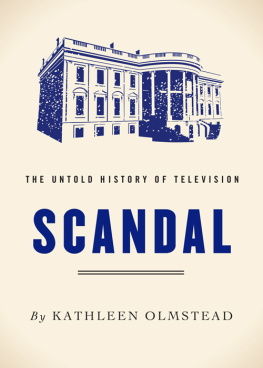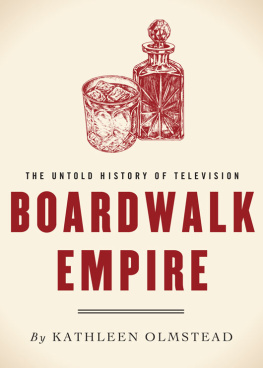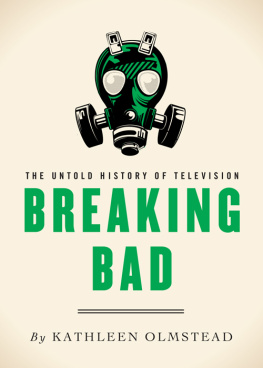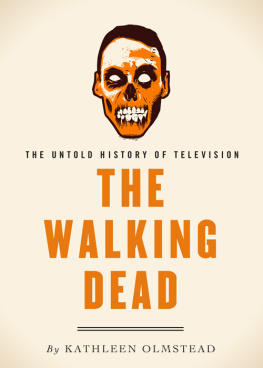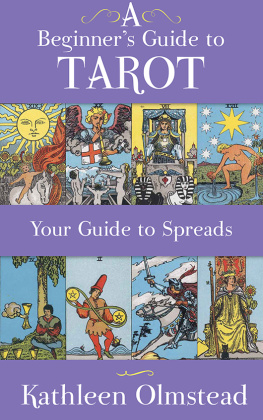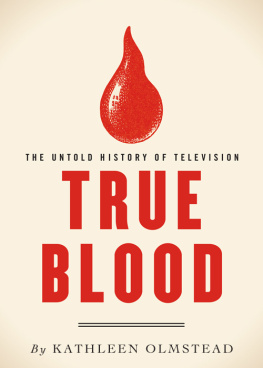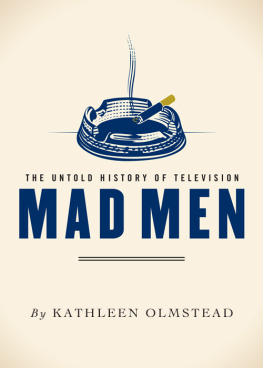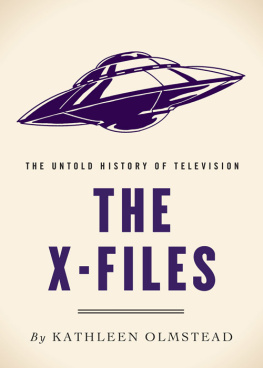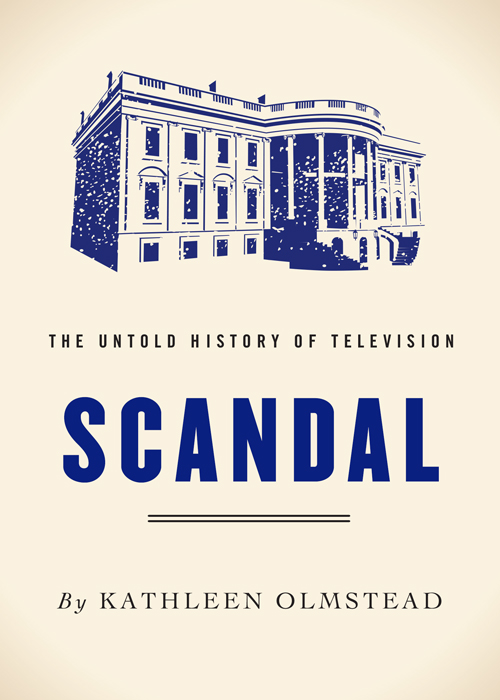Shonda Rhimes and her ShondaLand productions have been a television and media force to be reckoned with since 2005. Greys Anatomy, Private Practice, and How to Get Away with Murder are praised for their female-centred, racially diverse casts and their addictive and sometimes demented storylines. Rhimes is often credited with changing the face of network television, and deservedly so. The debut of Scandal on ABC in 2012 marked the first time a black actress had the lead in a network drama and solidified Rhimess position as a top writer, producer, and showrunner in television. Despite the medias focus on it, the remarkable thing about Scandal isnt the fact that it was created by a black woman. This is an important factor, considering how rare it still is in television for women, let alone women of colour, to be in charge, but its only one element of the show. What is truly amazing is that in an age of PVRs, streaming services, downloads, iTunes, and YouTube, Scandal remains appointment viewing. People watch it as it airs, simultaneously talking about it on social media. Viewers and the media (print, online, and social) cant get enough of Scandal, its creators, and its stars. More people watch The Big Bang Theory, but a wider demographic of people talk about Scandal. That Scandal was created and is produced by a black woman is groundbreaking, but the phenomenal point is that creator and showrunner Shonda Rhimes has the freedom to create the series she wants with little network interference. Building on the success of Greys and Private Practice, Scandals ratings and social media reception have led ABC to trust her vision. Rhimes has changed the face of network television with her three series (and counting), breaking racial barriers and creating a cultural phenomenon.
Scandal is a mix of high and low: clever dialogue and insightful moments about media, culture, gender, and politics meet nighttime soap opera with constant plot twists and turns. The show centres on Olivia Pope, a Washington, D.C., fixer who does whatever is necessary to help her clients solve their problems. This could mean rescuing a kidnapped child, covering up an affair or indiscretion, or making a problemlike an ex-lover or a blackmailergo away. She tells a colleague, Its not about solving a crime. Not about justice. Its about our clients. And yet, it is often about solving crimes (although she may or may not take her findings to the police) and just as often, not about her clients. It is about justice, but the idea of what constitutes justice and who defines it changes.
The formula for each episode is simple. Whether you love every minute of it, revelling in the fashions and cheering for the romance of your choice, or you roll your eyes at the dialogue, plot twists, and political entanglements, the last ninety seconds of every episode will have you ready and anxious for more. You have no choice. You will be back for another episode. Scandal has created its own brand of nighttime drama by mixing politics, plenty of conspiracy and romance, horror, and humour, and it isnt losing steam.
Shonda Rhimes had little interest in producing a television show about the politics and intrigue of Washington, D.C. Her production company, ShondaLand, already had two series on the air: Greys Anatomy and Private Practice. Her producing partner, Betsy Beers, wanted her to meet Judy Smith, a woman who worked as a crisis management expert, or fixer, for high-profile clients like Monica Lewinsky and Michael Vick and who spent time in the George H.W. Bush administration as deputy press secretary during the First Gulf War, the Iran-Contra Affair, and the senate hearing regarding Clarence Thomass appointment to the Supreme Court. Rhimes agreed to meet with Smith for fifteen minutes, but the meeting lasted three and a half hours. She quickly saw the potential in Smiths stories and wanted to create a series based on her experiences. Rhimes already held the distinction of being the first black woman to create a network drama series with Greys Anatomy in 2005. With Scandal, she would also provide the first opportunity in forty years for a black woman to headline a network drama.
There have been a few network comedies with black female leads, but they were few and far between. Beulah, a 1950s comedy about a black maid (played by a succession of black actresses, including Ethel Waters and Hattie McDaniel), The Jeffersons and The Cosby Show (if one considers Isabel Sanford and Phylicia Rashad co-leads), and Cosby spinoff A Different World all had success at various points. The most significant example and a show Scandal is often compared to is Julia, starring Diahann Carroll. Julia was a widow and a professional (a nurse); she wasnt in domestic service, which immediately separated her from previous black female television characters. Julia lasted three seasons and was alternately praised for its diversity and criticized as an unrealistic portrayal of black American life.
While sitcoms featuring black American actors have appeared on network television over the years (Sanford and Son, Family Matters), they often featured male leads or ensemble casts. Gimme a Break!, starring Nell Carter, and 227, starring Marla Gibbs, were exceptions. When expansion networks and syndicated programming gained ground in the 90s, female-led comedies like Sister, Sister and Girlfriends found an audience. But network drama was still a very white world. Black actors were part of an ensemble, there to support a white lead. Until 2012, when Scandal appeared, that is.
The Rise of ShondaLand
Rhimes was born in 1970, the youngest of six children, and grew up outside of Chicago. Her parents both worked in academia; her father was a college professor and her mother worked in college administration. Rhimes graduated from Dartmouth, where she was also active in the Black Underground Theater Association, in 1991 with a degree in English Literature and Cinema Studies. (She even appeared in an episode of The Mindy Project about Dartmouth alumni playing in a beer pong tournament.) She lived in San Francisco for a period of time, working in advertising. After hearing that it was harder to get into film school at the University of Southern California (USC) than it was to get into Harvard, Rhimes applied. She was accepted and moved to Los Angeles.
After graduating with a Master of Fine Arts, Rhimes worked at a variety of jobs, including production assistant, while she honed her screenwriting skills. She wrote and directed a short film in 1998 called Blossoms and Veils, starring Jada Pinkett and Jeffrey Wright. But her first big break came when she wrote the screenplay for Introducing Dorothy Dandridge (a.k.a. Face of an Angel), a 1999 HBO movie starring Halle Berry, who won several awards for her performance, including an Emmy and a Golden Globe. Rhimess next two film projects were less prestigious, but made their cultural and/or box-office mark: Crossroads (2002), a Britney Spears vehicle that was supposed to launch her film career, and

